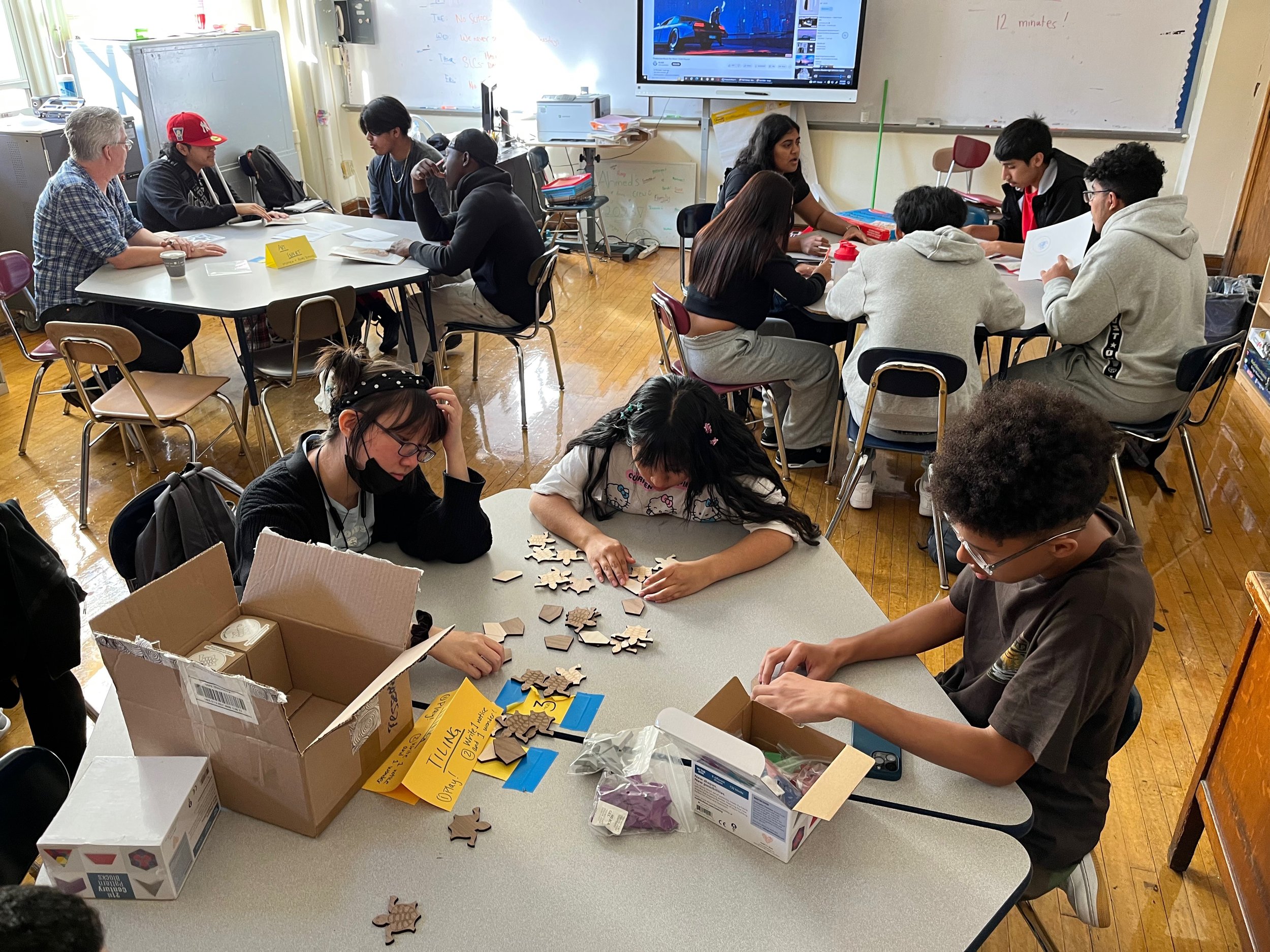Join the Motion to Save Temecula Schools: Community Activity Needed!
Join the Motion to Save Temecula Schools: Community Activity Needed!
Blog Article
Necessary Standards to Consider When Reviewing Potential Colleges for Enrollment
When taking into consideration schools for registration, examining necessary criteria comes to be vital to making sure a helpful knowing atmosphere. Secret variables such as the positioning of scholastic programs with pupils' desires, the qualifications of professors members, and the influence of course sizes on individualized interest are important. The visibility of robust resources and centers, together with a varied range of extracurricular tasks, can substantially improve educational experiences. The institution's culture must advertise respect and inclusivity to foster a helpful community. Each of these elements plays an essential function, however exactly how do they interconnect to form the excellent instructional setup?
Academic Programs
When evaluating potential schools for enrollment, considering the breadth and depth of their academic programs is paramount. Top quality academic programs not just identify the instructional value a trainee will certainly get but likewise influence future possibilities and job courses. Potential pupils and their households should look at the educational program to guarantee it lines up with the pupil's academic rate of interests and profession desires.
Certification is an essential element, as it indicates that the establishment meets well-known requirements of high quality. In addition, the variety of training course offerings, including advanced positioning (AP) or Global Bachelor's Degree (IB) programs, can significantly boost a student's knowing experience. Schools with robust scholastic tracks in STEM, liberal arts, and the arts show a commitment to detailed education.
Professors certifications and student-to-teacher proportions are additionally crucial indications of academic quality (Save Temecula Schools). Extremely credentialed teachers and smaller sized class dimensions frequently bring about even more customized attention and a better instructional experience. The accessibility of academic resources such as collections, labs, and innovation centers can better enhance the understanding atmosphere.
Evaluating these aspects guarantees that the selected college provides a encouraging and rigorous academic framework, essential for cultivating intellectual growth and preparing trainees for future success.
Extracurricular Activities
Past the academic realm, after-school activities play a considerable function fit a well-shaped instructional experience. These activities give trainees with possibilities to develop skills that expand beyond the classroom, such as time, management, and synergy monitoring. When reviewing prospective colleges for registration, it is important to think about the variety and quality of extracurricular programs provided.
A diverse variety of tasks, including sports, arts, songs, argument clubs, and neighborhood service campaigns, can accommodate various interests and abilities. Institutions that support a wide range of extracurriculars show a commitment to promoting alternative growth. Furthermore, participation in these tasks can improve university applications and returns to, showcasing a pupil's capability to stabilize numerous duties.
Additionally, take into consideration the level of pupil interaction and the institution's encouragement of participation. Institutions that actively promote extracurricular participation often develop a lively, comprehensive area.
Course Dimensions
One of the critical aspects to take into consideration when reviewing possible colleges for registration is course size. Course size considerably influences the high quality of education that a pupil gets. Smaller sized course dimensions frequently permit even more customized focus from instructors, which can cause improved scholastic outcomes. Teachers are much better able to determine and attend to the distinct needs of each trainee, promoting a much more tailored learning experience. Furthermore, in smaller classes, students are most likely to take part in conversations and engage with the material, improving their general comprehension and critical reasoning abilities.
Furthermore, smaller course sizes can add to a more cohesive classroom setting. With less trainees, there is a higher chance for developing solid connections in between instructors and peers, which can improve the understanding atmosphere and advertise a sense of community. This additionally enables even more reliable class administration, as teachers can dedicate even more time to keeping a positive and effective setting.

Institution Society
Understanding the value of school culture is crucial when reviewing Recommended Site prospective colleges for enrollment. Analyzing an institution's culture entails observing interactions amongst pupils, teachers, and staff, as well as recognizing the school's goal, values, and assumptions.
Possible moms and dads and students should seek colleges that focus on respect, cooperation, and a favorable ethos. Look for indicators such as strong student-teacher partnerships, active involvement in institution tasks, and a feeling of community. A healthy and balanced college society frequently advertises variety and inclusion, making sure that trainees from varied histories really feel welcomed and valued.
In addition, a positive college society motivates open communication and provides students with a secure atmosphere to share themselves. It also supports scholastic roughness while stabilizing extracurricular activities that add to holistic development. When checking out a school, engage with existing trainees and personnel to evaluate their fulfillment and sense of belonging. Ultimately, the right institution society will certainly align with a family members's worths and contribute considerably to the overall academic experience.
Facilities and Resources
When evaluating prospective schools for enrollment, the top quality and accessibility of sources and facilities play a critical role fit the instructional experience. A college equipped with modern features can considerably boost finding out outcomes. Classrooms need to be well-designed, fostering an environment for both focus and creative thinking. Laboratories, whether for science, modern technology, or languages, must be properly maintained and up-to-date to provide hands-on discovering chances.
Libraries are another foundation of academic excellence (Save Temecula Schools). A well-stocked library with a diverse variety of books, journals, and electronic resources can sustain trainees' study demands and foster a society of analysis and questions.
Innovation is important in today's educational landscape. Schools should provide dependable net gain access to, computer system labs, and clever classrooms to help with digital understanding. Furthermore, specialized resources such as art workshops, songs rooms, and theater spaces can support creative skills.
Inevitably, the breadth and quality of a college's resources and facilities can review greatly influence a trainee's general growth. Hence, parents need to thoroughly analyze these aspects to make sure a well-rounded and enriching instructional experience.
Verdict
In summary, evaluating possible colleges for registration requires an extensive evaluation of several vital aspects. Furthermore, an institution culture that highlights respect and inclusivity is necessary to creating a effective and encouraging learning setting.

A healthy and balanced school culture frequently promotes variety and incorporation, making sure that trainees from different backgrounds feel welcomed and valued.
Furthermore, a favorable institution culture encourages open communication and supplies trainees with a risk-free setting to express themselves.
Report this page